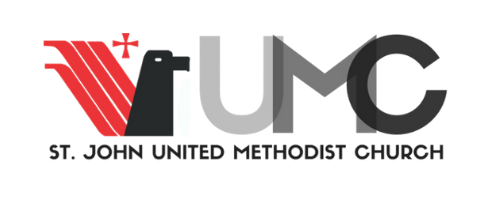By Betty Hertz, St. John Lay Leader
What's in a name?
John 14:4-7
4 And you know the way to the place where I am going." [c] 5 Thomas said to him, "Lord, we do not know where you are going. How can we know the way?" 6 Jesus said to him, "I am the way and the truth and the life. No one comes to the Father except through me. 7 If you know me, you will know[d] my Father also. From now on, you do know him and have seen him."
In this I AM statement during the Last Supper, Jesus continues his conversation with his disciples. He has already washed their feet, told them about only being with them a bit longer, warned of a betrayal and a denial. John 14 starts with, "Do not let your hearts be troubled. Believe in God; believe also in me." He is comforting them as He is preparing them for his departure. Jesus knows the trials they will face as they continue His work without His physical presence.
In the wording of the First Nations Version, An Indigenous Translation of the New Testament, verse 6 gave me a more straightforward, meaningful understanding of Jesus' words:
"I am the Great Spirit's pathway, the truth about who he really is, and the life of beauty and harmony he offers to all. There is no other guide who can take you to the Father." (p.197)
Jesus says, "I am your map, your teacher, your life source." Jesus is our pattern for living. What a way to live! In his book The God We Can Know, Rob Fuquay suggests a morning prayer that reinforces this pattern: "Jesus, what would you have me do today?" (p.101) This simple daily prayer helps me focus on Jesus' way for me, perhaps it can do the same for you.
Reflection Question: How do you make Jesus a way of life in your ordinary living? What does that look like for you?
Prayer:
God of Wisdom,
We give thanks for the way Jesus leads us.
Teach us how to share Jesus' teachings with others remembering He welcomed outsiders and outcasts.
Help us deepen our relationship with you through daily spiritual practices.
Raise our awareness of your guidance in all aspects of our lives.
In Jesus' name. Amen






